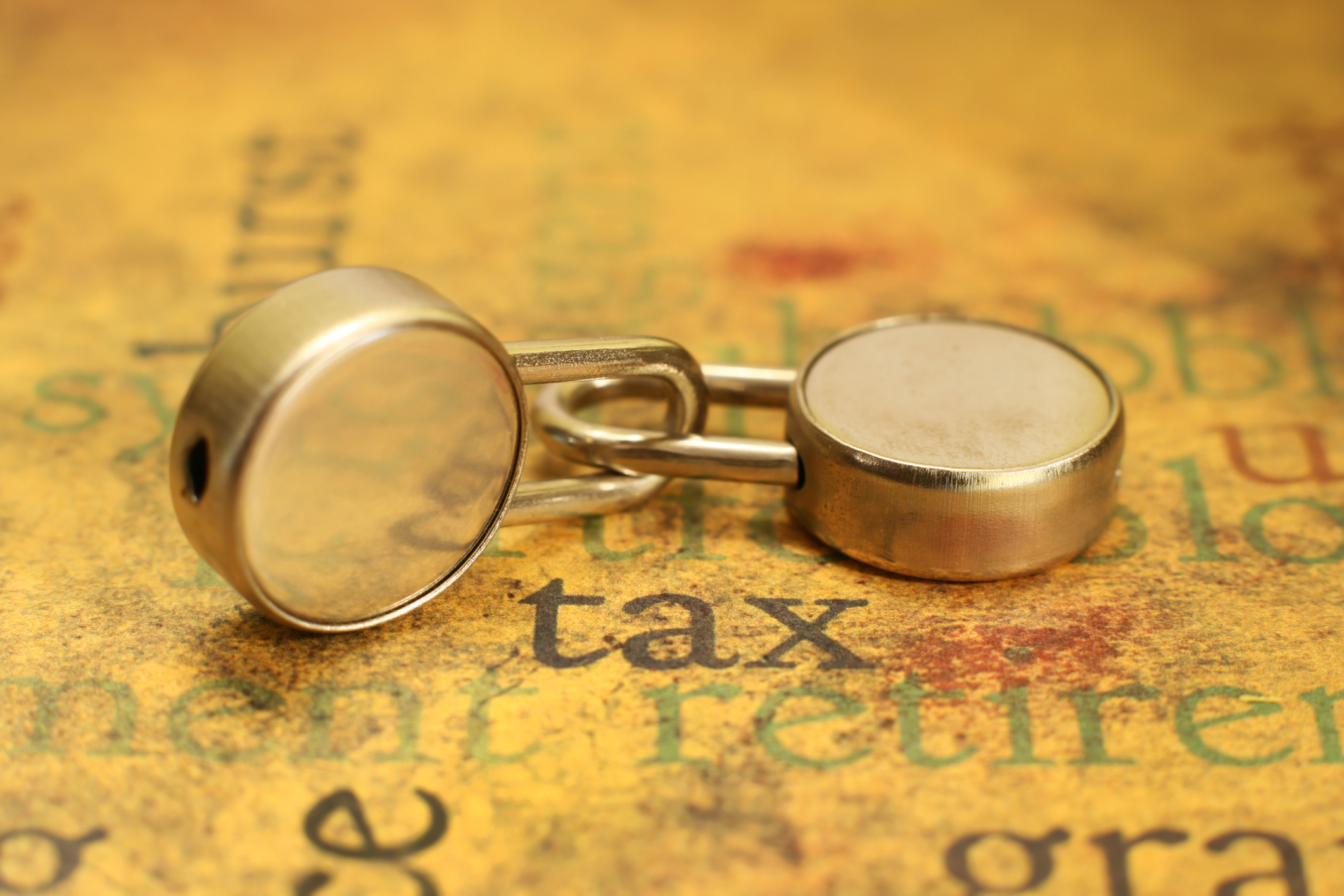This is a million-dollar question, literally. Maybe even a billion-dollar question, given all the lobbying money being spent on the debate. The United States has a top corporate income tax rate of 35%. Add in state and local income taxes, and it comes to roughly 39%. It is the highest nominal corporate tax rate among the developed economies.
That doesn’t tell the entire picture, however. When you take out research-and-development tax credits, deductions for income taxes paid in other countries and a host of other deductions and credits, the effective rate comes out closer to 27.7%. The new figure is roughly in line with tax rates in other countries, according to the Organization for Economic Cooperation and Development (OECD).
The current statutory 35% top rate is bad and should be cut to, say, 25%, many economists say. The current rate discourages foreign companies from making big investments in the United States unless they have to. Toyota Motor Co. (NYSE: TM) and Mercedes-Benz manufacturer Daimler have sizable U.S. investments in U.S. plants and distribution facilities because they want to be here. Taxes aside, the United States is still the biggest market.
ALSO READ: Five Big Tax Myths — Who Pays What
At the same time, tax-cut proponents say that the high tax rate pushes U.S. companies to move more of their investment spending outside the United States. Cisco Systems Inc. (NASDAQ: CSCO) routinely books billions of profits annually through subsidiaries in Switzerland, the Netherlands and Bermuda. CEO John Chambers has hinted at moving jobs out of the country unless the tax problem is fixed.
Plus, and this is important, companies that earn big profits overseas do not like to bring the money home because it is subjected to U.S. corporate income taxes. This repatriation can end up being a double taxation. We have identified the companies paying the most and least in taxes.
As of December 31, Apple Inc. (NASDAQ: AAPL) was sitting on a cash hoard of some $158.8 billion. Of that, according to Apple’s fiscal first-quarter report, $124.4 billion was parked outside the United States. It is not clear what Apple is doing with all that money. It estimates $11 billion in capital spending in fiscal 2014 and it can fund its dividend and interest payments on its debt from domestic profits. Does this make any sense?
Is the high rate actually hurting the economy? Maybe.
The conventional wisdom is that the cost is borne by shareholders. There is some research suggesting 20% is paid for by workers because managements offset tax payments with lower wages. Others say it could be as much as 50% because taxes get passed onto consumers in pricing decisions. That is not always the case, especially when competition is intense. Plus, employment opportunities are often deferred or simply never realized.
The Economic Policy Institute disagrees. The top corporate tax rate was 52% during the Eisenhower years, and the U.S. economy boomed. There is little relationship with the statutory corporate tax rate or even the effective tax rate and overall economic growth, chief economist Thomas Hungerford has written.
ALSO READ: States With the Highest (and Lowest) Taxes
Let’s accept that capital is a global commodity and can and will migrate to low-cost countries like, say, Switzerland, which has a top rate of about 18%, or Ireland, with a 12.5% corporate tax rate that has been in place for years.
That is all bad for the United States. You can cut the rate and cut taxes on repatriated profits, but some may argue that this would push the deficit higher. A better solution, economist Laura Tyson has argued, would be to offset a cut in the corporate tax rate with a boost in the tax rate on dividends and capital gains, now close to historic lows. Half of those dividends and capital gains go to pension funds, retirement plans and nonprofits and are not taxed anyway.
Could such an idea happen? Most likely not this year. And Apple’s big cash hoard will keep on growing.
The Average American Has No Idea How Much Money You Can Make Today (Sponsor)
The last few years made people forget how much banks and CD’s can pay. Meanwhile, interest rates have spiked and many can afford to pay you much more, but most are keeping yields low and hoping you won’t notice.
But there is good news. To win qualified customers, some accounts are paying almost 10x the national average! That’s an incredible way to keep your money safe and earn more at the same time. Our top pick for high yield savings accounts includes other benefits as well. You can earn up to 3.80% with a Checking & Savings Account today Sign up and get up to $300 with direct deposit. No account fees. FDIC Insured.
Click here to see how much more you could be earning on your savings today. It takes just a few minutes to open an account to make your money work for you.
Our top pick for high yield savings accounts includes other benefits as well. You can earn up to 4.00% with a Checking & Savings Account from Sofi. Sign up and get up to $300 with direct deposit. No account fees. FDIC Insured.
Thank you for reading! Have some feedback for us?
Contact the 24/7 Wall St. editorial team.


